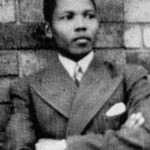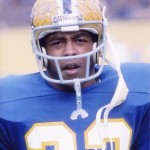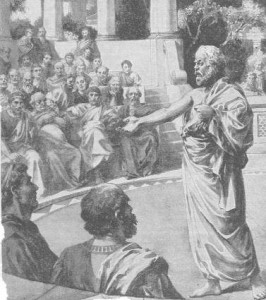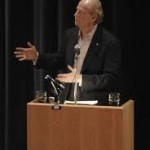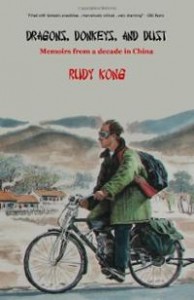“…My hunger for the freedom of my own people became a hunger for the freedom of all people, white and black. I knew as well as I knew anything that the oppressor must be liberated just as surely as the oppressed. A man who takes away another man’s freedom is a prisoner of hatred, he is locked behind the bars of prejudice and narrow-mindedness. I am not truly free if I am taking away
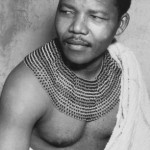
“Madiba”, South Africa’s “gift from God”, an African prince in his tribal regalia–before the 27 years on Robben Island.
someone else’s freedom, just as surely as I am not free when my freedom is taken from me. The oppressed and the oppressor alike are robbed of their humanity.
“When I walked out of prison, that was my mission, to liberate the oppressed and the oppressor both. Some say that has now been achieved. But…the truth is that we are not yet free; we have merely achieved the freedom to be free, the right not to be oppressed. We have…[taken only] the first step on a longer and even more difficult road. For to be free is not merely to cast off one’s chains, but to live in a way that respects and enhances the freedom of others.”
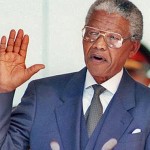
Out of prison, and into the Presidency. There was rejoicing world-wide, but it surely was not a thrilling ride for him. What a burden to carry at his age.
Nelson Mandela (1918-2013), from his 1995 book The Long Walk to Freedom. Among the many things that he was, Mr. Mandela was a practical philosopher on the true meaning of ‘freedom’, a troublesome word in whose name a thousand lies have been told and a thousand oppressions have been hatched.

